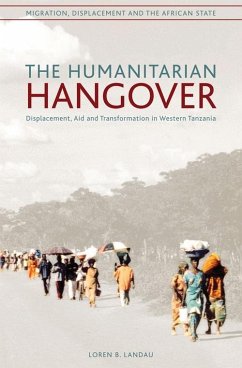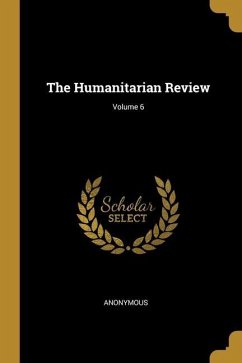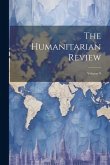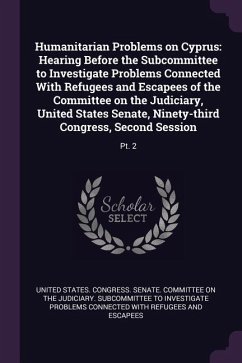Explores the anomalous spaces and practices generated by this influx of people and aid, and shows how they have transformed the politics and governmental practices of the region. Since the mid-1990s, Western Tanzania has hosted hundreds of thousands of refugees living in massive refugee camps sustained by millions of dollars of humanitarian aid. In more than 14 months of research, Loren Landau found that the refugee influx did not produce the deleterious economic and environmental effects often assumed. Outside the camps, a Tanzanian population long at the margins of their own country's economics and politics became incorporated into systems of power and authority which linked them to Dar es Salaam, central Africa, Geneva, Washington, and the grain farmers of the American Midwest. Amidst the violence and conflict surrounding the camps, they became "Tanzanian" as never before by exalting the territory, the nation and a political leadership that delegated responsibility for security and services to others: the United Nations, nongovernmental organizations, and the citizenry. The result was a hybridized regime of power shaped by history, contingency, self-interest and perception: a political form that questions models of rural transformation and the functional basis of the modern nation-state. The Humanitarian Hangover is a valuable resource for scholars of displacement, political scientists and sociologists concerned with how displacement and humanitarianism can serve as primary catalysts for social, political, and economic change.
Hinweis: Dieser Artikel kann nur an eine deutsche Lieferadresse ausgeliefert werden.
Hinweis: Dieser Artikel kann nur an eine deutsche Lieferadresse ausgeliefert werden.








